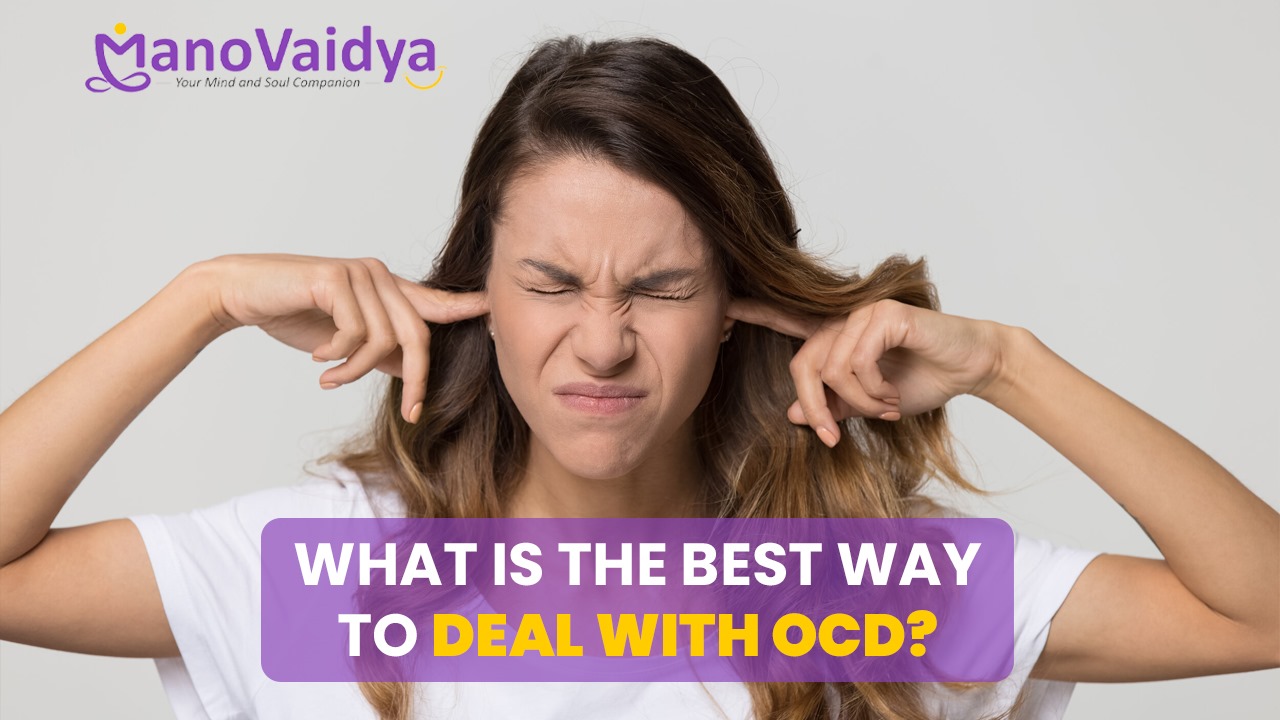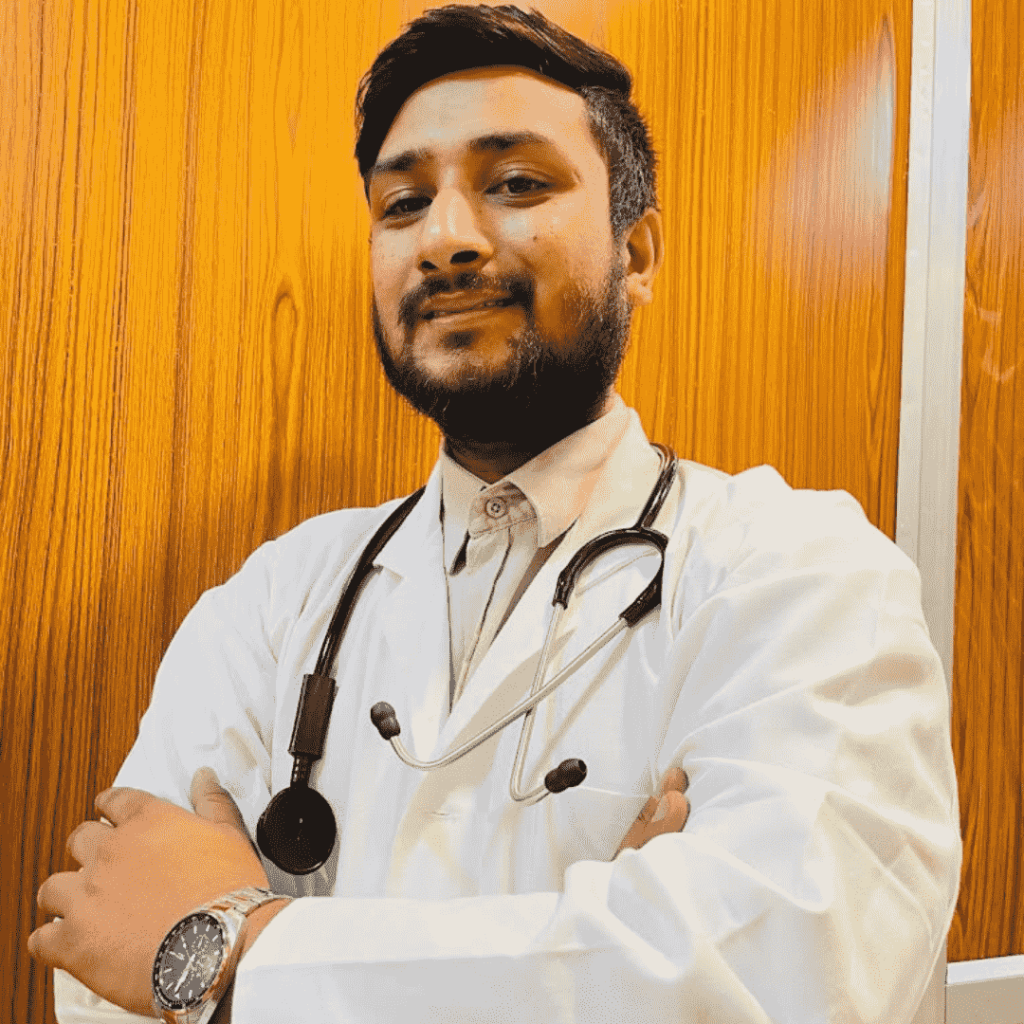Obsessive-Compulsive Disorder (OCD) is a common, but often misunderstood, mental health condition that can greatly disrupt a person’s daily functioning. Defined by recurrent, unwanted thoughts (obsessions) and compulsive behaviors or mental rituals (compulsions), OCD can leave an individual feeling trapped, anxious, and unable to regain control. Although OCD can be quite challenging, the condition is particularly manageable if approached with the right treatment. The secret is in recognizing the condition, getting proper help, and following a structured road to recovery.
OCD: Not as Cute as You Might Think:
Being the one with OCD does not just mean being too clean or too careful. It is a psychiatric illness when the brain gets stuck in a loop of obsessions and compulsions. These obsessions can range widely — fears of contamination, the need for things to be symmetrical, aggressive or taboo thoughts, doubts that lead to checking and rechecking. Compulsions are based on actions or rituals that a person engages in to mitigate the anxiety generated by these obsessions. For many, the cycle can take over hours each day, interrupt work and relationships, and undermine general well-being.
Importantly, the greatest people with OCD conscious their acted on meta people and behavior were irrational, but this meta alone is not enough to help them stop. That’s why it’s so important to treat it.
The Smarter Way to Treat OCD
There’s no single method that works for everyone with OCD, but therapists and mental health professionals widely agree that a combination of therapy, medication, and lifestyle changes provides the best road to recovery.
Cognitive Behavioral Therapy (CBT) – Primarily ERP
Cognitive Behavioral Therapy (CBT) is the first-line treatment for OCD, with a specific subtype, known as Exposure and Response Prevention (ERP), having the most evidence for use. ERP is exposing people to their fears and not letting them do their compulsive responses, slowly and systematically over time. Doing so over time can help diminish the strength of obsessive thoughts and decrease the impulse to carry out compulsions.
For example, someone who is germ-phobic might be led to touch a doorknob and fight the urge to wash their hands immediately afterward. This process aids in retraining the brain and developing a tolerance to anxiety.
ERP is ideally performed with the support of a trained therapist. It can be tricky to start with, but this technique has greatly benefitted score improvement for many people.
Medications
In many cases, particularly when OCD symptoms are moderate to severe, medication can serve as a helpful component to OCD treatment. Commonly prescribed medications, known as selective serotonin reuptake inhibitors (SSRIs), have been shown to alleviate a substantial amount of OCD symptoms through the correction of brain chemistry imbalance. And though medication is not a cure, it can increase the efficacy of therapy and help people start functioning normally in their everyday lives again.
But it is important to seek out a psychiatrist for a diagnosis and a medication regimen. Dosages used for OCD are usually higher than for the treatment of depression, and adjustments should be made only with medical supervision.
Creating a Supportive Environment
OCD loves shame and silence, and solitude. Talking about your struggles openly, leaning on family and friends for support, and finding community with other people with OCD can be tremendously empowering. Finding support groups and online communities that can provide a sense of togetherness, even when you feel like you are going through this journey alone, can also help alleviate feelings of isolation.
Family members must be educated about OCD to prevent reinforcing compulsive behaviors. Encouragement and understanding, not judgment, go a long way toward forming a healing environment.
For Mindfulness and Lifestyle Adjustments
If you are someone who experiences OCD, Mindfulness techniques include meditation, breathing exercises, and yoga to help you lower your total level of anxiety and stay in the moment. While such practices won't supplant professional treatment, they are excellent adjunctive tools.
Keeping a consistent sleep schedule, eating a healthy diet, and reducing stress are also important. OCD symptoms tend to spike when an individual is tired or stressed.
Manovaidya: The Best Option for Professional Assistance
When facing OCD, professional help is not just helpful — it is necessary. Manovaidya is a mental health platform that is different, providing expert-based mental health care with compassion for an array of symptoms from OCD to various other mental issues.
With its qualified team of psychiatrists, psychologists, and therapists, the clinic offers evidence-based therapy, which is unique to every patient. From in-person consultations to online therapy, Manovaidya provides you with high-quality, private care in a supportive and non-judgmental setting and the best OCD treatment in Delhi.
Combining scientific treatment options (such as CBT and ERP) with mindfulness practices and lifestyle coaching, the platform focuses on a more holistic approach to mental wellness. They strive to build healthy lives and help achieve mental health and wellbeing.
If you or someone you know has OCD, don’t wait until the symptoms become more severe. Go to our website to book an appointment and to consult an expert to start leading a happier, healthier life.
Conclusion
OCD is a disease residing in your brain, and it can be difficult to manage. With proper tools, professional help, and sheer willpower, recovery is achievable. If you're unsure where to start or feeling stuck, let trusted names like Manovaidya show you the path to effective and lasting solutions. Help and hope are a click away, and so is hope.

